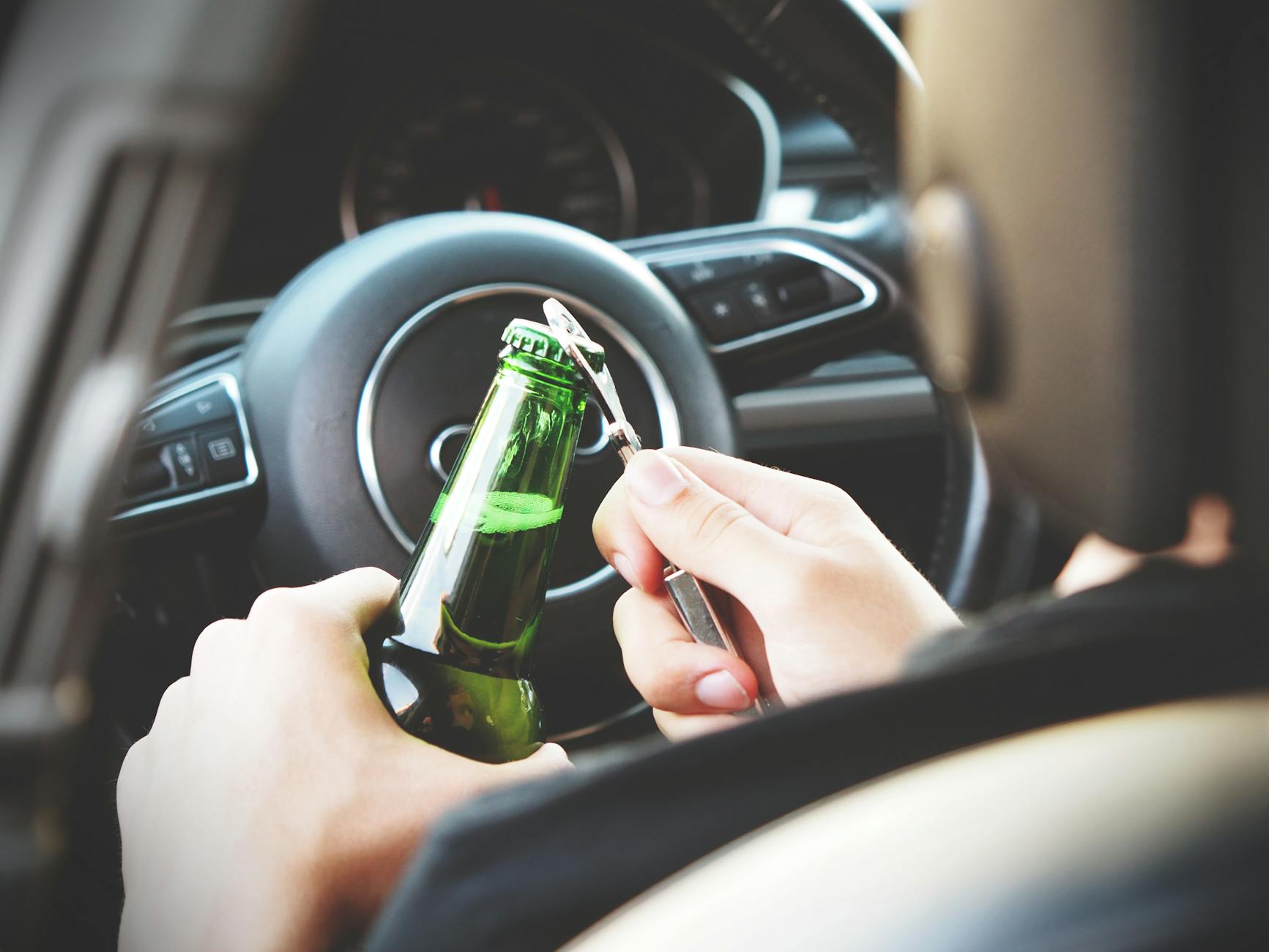Discover the surprising factors that can influence your beer buzz and how science plays a role in intoxication levels. Cheers!

Image courtesy of energepic.com via Pexels
Table of Contents
Alcohol consumption has been a social activity for centuries, with beer being one of the most popular choices among people worldwide. However, have you ever wondered how many beers it takes to get drunk? The answer is not as simple as it may seem, as various factors come into play when it comes to intoxication levels. In this blog post, we will dive deep into the science behind alcohol metabolism, individual tolerance levels, and the different factors that can influence how many beers it takes for you to feel the effects of alcohol.
Alcohol Metabolism
When you consume alcohol, your body goes through a process of breaking it down into energy. This metabolism of alcohol primarily takes place in the liver, where enzymes work to convert alcohol into acetaldehyde and then into acetate, a substance that the body can easily dispose of. However, this process takes time, which is why drinking too quickly can overwhelm the liver’s capacity to metabolize alcohol efficiently.
Several factors can influence alcohol metabolism, including age and gender. Generally, younger individuals tend to metabolize alcohol faster than older ones, while men typically have a higher alcohol dehydrogenase activity than women, allowing them to process alcohol more quickly.
It’s essential to be mindful of how much alcohol you’re consuming and to pace yourself to give your body enough time to process each drink effectively.
Individual Tolerance Levels
Everyone’s tolerance to alcohol is different, and various factors can influence how much alcohol your body can handle before feeling drunk. Body weight plays a significant role, with larger individuals generally being able to consume more alcohol than smaller ones. Genetic predisposition can also impact tolerance levels, as some people may have a genetic variation that affects how they metabolize alcohol.
Understanding your own tolerance level is crucial for drinking responsibly. You should pay attention to how your body reacts to alcohol and know when to stop to avoid reaching a point of intoxication that could be harmful to your health.
Factors Influencing Intoxication
Aside from individual factors, external influences can also affect how drunk you feel after consuming alcohol. One significant factor is food intake. Eating before or while drinking can slow down the absorption of alcohol into your bloodstream, potentially reducing the effects of intoxication.
Staying hydrated is another vital factor in managing your intoxication level. Drinking water between alcoholic beverages can help dilute the alcohol in your system and prevent dehydration, which can exacerbate the effects of alcohol on your body.
Mixing alcohol with other substances, such as medications or drugs, can also intensify the effects of intoxication. It’s essential to be aware of any potential interactions that could affect how your body handles alcohol and to avoid mixing substances that could have harmful consequences.
In conclusion, the question of how many beers it takes to get drunk is not a one-size-fits-all answer. Understanding the science behind alcohol metabolism, knowing your individual tolerance level, and considering the various factors that can influence intoxication is key to drinking responsibly. By being mindful of your alcohol consumption and listening to your body’s signals, you can enjoy a safe and enjoyable drinking experience without going overboard. Cheers to responsible drinking!
FAQs
Here are answers to some common questions related to the factors affecting your beer buzz:
Question 1: How does alcohol metabolism differ between men and women?
Answer 1: Men typically have higher alcohol dehydrogenase activity, allowing them to metabolize alcohol faster than women. This can influence how quickly each gender feels the effects of alcohol.
Question 2: Why is body weight important in determining alcohol tolerance?
Answer 2: Body weight impacts alcohol tolerance as larger individuals have more body mass to distribute alcohol, resulting in a slower increase in blood alcohol concentration compared to smaller individuals.
Question 3: How does hydration affect intoxication levels?
Answer 3: Staying hydrated by drinking water between alcoholic beverages can dilute alcohol in your system, reducing the overall effects of intoxication and helping prevent dehydration.
Question 4: Can mixing alcohol with medications or drugs intensify intoxication?
Answer 4: Yes, mixing alcohol with other substances can amplify the effects of intoxication and may have harmful consequences. It’s crucial to be aware of potential interactions and avoid combining substances that could increase the risks associated with alcohol consumption.
Powered by Texta.ai Blog Automation
Leave a Reply